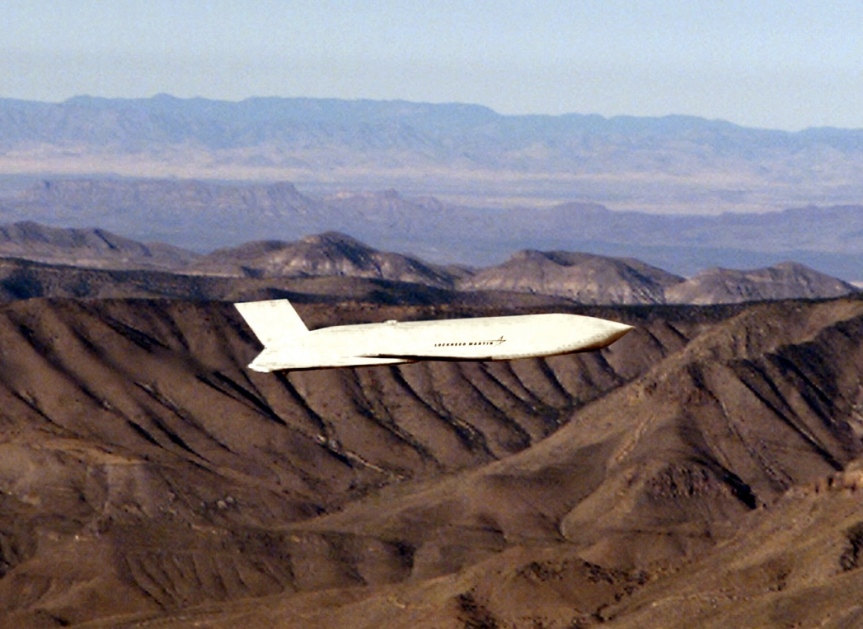Technology Substitutes for Strategy in U.S. Military Operations

W.J. Astore
Once again, the U.S. military has launched Tomahawk cruise missiles against Syria, as well as a new weapon called the JASSM-ER, described as “a stealthy long-range air-fired cruise missile.” According to FP: Foreign Policy, the latter weapon is “likely being closely watched in Tokyo, where military officials are considering purchasing the missile to give the country’s military a long-range strike capability against North Korean targets, Japan Times reports.” In short, the U.S. military demonstrated a new weapon for an ally and potential client while striking a country (Syria) that has no way of striking back directly at the U.S.
Here’s a report from Defense Industry Daily on the weapons used:
April 16/18: JASSM-ER makes its combat debut The USAF has fired Lockheed Martin’s AGM-158B Joint Air-to-Surface Standoff Missile Extended Range (JASSM-ER) missile in combat for the first time. 19 such missiles were launched from two B-1B Lancer bombers during last weekend’s sortie against Syrian chemical weapon research and storage facilities, and were joined by 57 Tomahawk missiles launched from US naval assets, as well as Storm Shadow and SCALP missiles from British and French warplanes. While Russian sources in Syria claim that Russian and Syrian air defenses managed to down 71 or the total 105 cruise missiles launched during the Friday night operation—claims Washington refutes—a report on the mission by the Aviationist reckon the newer missiles—in particular the JASSM-ER, SCALP and Storm Shadow—would have been highly effective against their targets.
One thing is certain: business is booming yet again for Lockheed Martin.
Technology shapes thought even as it becomes a substitute for it. It amazes me, for example, how the U.S. military threw technology at the “problem” of Vietnam in an attempt to “win” that war. Everything short of nuclear weapons was unleashed on Southeast Asia, yet those brave people refused to surrender. U.S. Presidents from Kennedy to Nixon were always sending messages through airpower and other forms of destructive technology, but the Vietnamese couldn’t have cared less about those “messages.” They had one goal: expel the invader, unify the country, and they stuck to it despite all the high explosive, napalm, defoliants, electronic fences, and everything else inflicted upon them.
Americans tend to see technology as a panacea. Even deadly technology. So, for example, what’s the proposed solution to gun violence in the USA? According to the NRA and our president, it’s more guns. What’s the solution to violence in Syria? According to the military and our president, it’s more bombs and missiles. One clear winner emerges here: those who produce the guns, bombs, and missiles.
Tomahawks and drones and similar weapons are all about action at a distance. They incur no risk of harm to U.S. troops. As a result, America’s leaders use them liberally to send “signals” and to add to the body count. They strike because they can and because it’s relatively easy. Action serves as a substitute for thought. The only strategy is to keep blowing things up.
The U.S. strategy, such as it is, is defined and driven by Tomahawks and drones and related weaponry. These weapons make possible “global reach, global power,” but they do not facilitate global thinking. Promising decision or at least quick results, they lead only to more bodies and deeper quagmires.
The U.S. keeps getting bogged down in wars in part because of the faith the government places in technology. So much is invested in military weaponry that it becomes a substitute for thought.
But there are no missions accomplished: there is only more destruction.
https://bracingviews.com/2018/04/16/technology-substitutes-for-strategy-in-u-s-military-operations/

0 Comments:
Post a Comment
Subscribe to Post Comments [Atom]
<< Home